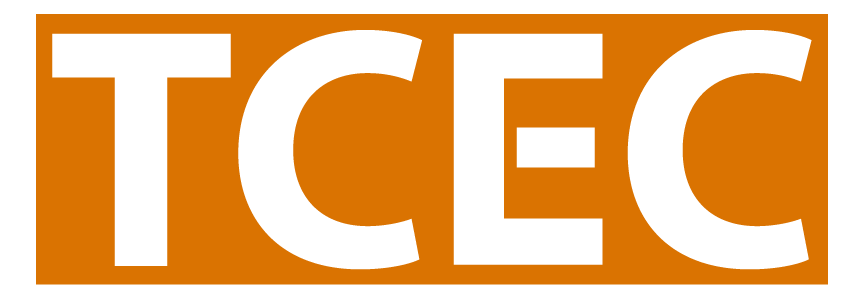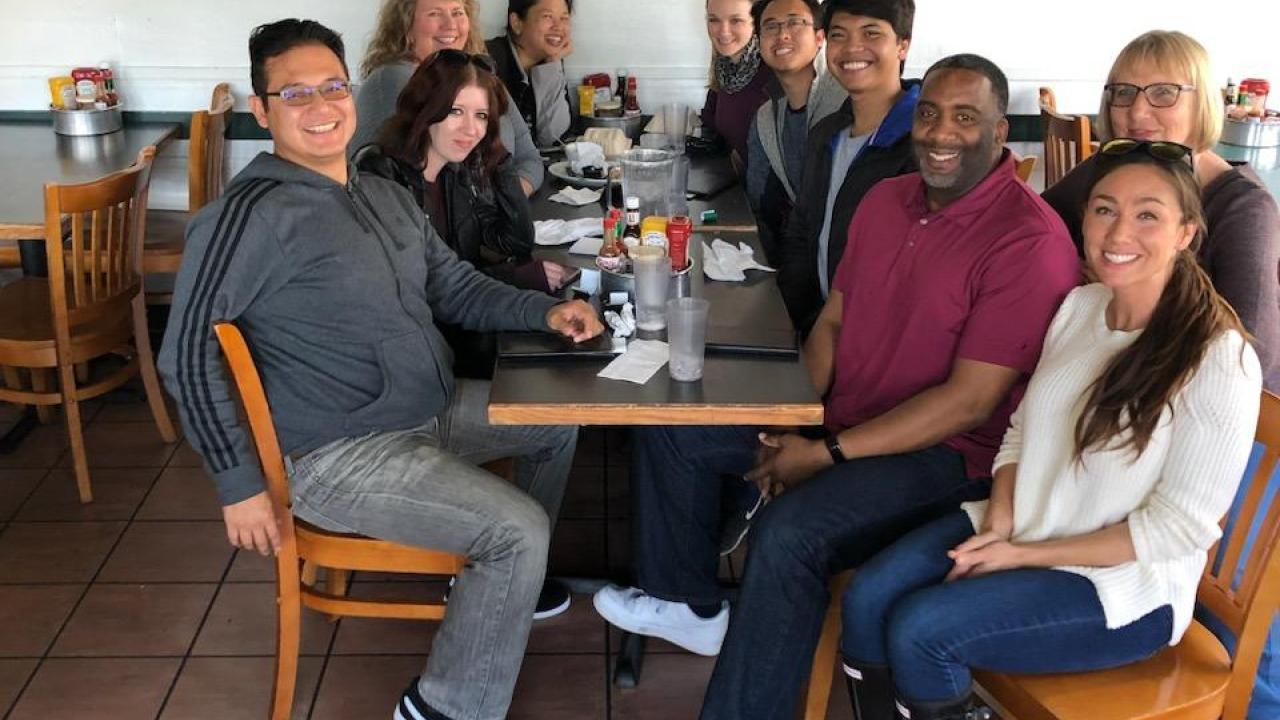
It's Not Farewell, It's See You Later!
A Reflection of Six Years with TCEC
TCEC has been my family for almost 6 years, and I’m sad to announce that we're parting ways. I started at TCEC in 2017 as an undergraduate research assistant. What began as a part-time gig doing data entry and file management evolved into more than what I could have ever imagined. Through these years, I graduated with a B.S. in Statistics, earned a Master's degree in Public Health, and stayed on as a full-time associate with TCEC.
With TCEC, I became the de facto “stats” person, helped expand our resources in data analysis and research methods, and supported our clients with instrument design. As I reflect on my time here, I can’t help but pause and think about how much I have grown as a person. These years were some of the most formative in my life thus far. I'd like to share a few important takeaways from my time here and, at the same time, how they have shaped me.
First, I have to owe it to my TCEC team, which has helped me to get out of my head. I began in TCEC as an incoming junior in a statistics program at UC Davis, so I was probably not like the average tobacco control worker. In fact, I guess you could call me an outlier (haha).
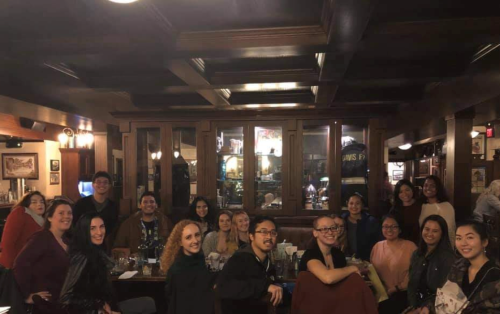
Jokes aside, I was still very much in my head coming into TCEC. I wrote and spoke like I was still buried in my statistics textbook, cramming for an exam. Coming into TCEC and the world of tobacco control was a rude awakening but for a good reason. I slowly realized that it’s okay to not always be so technical in my writing and speaking unless my line of work was purely academic. In our case, it is not because at the center of all our work is the community. It’s the public. Over time, I learned to develop a writing and speaking style that meshed with our audience. I cut the fluff (except here because this is clearly not fluff). I use more active verbs (ahem). I try to write and say what I mean. Nuances do matter, but so does brevity. We would be doing our clients and even ourselves a disservice if we didn’t stop and think about how to best communicate with our audience, whether through data or slides. Which brings me to my next takeaway.
While not official, I think it’s safe to say that part of being inducted into the TCEC team is through our webinars. Over these past few years, we’ve adopted some presentation tips and style principles from Echo Rivera. Her tips and training were a game changer, and it has changed my worldview about slide design. Long gone are those cheesy clip arts we attempt to force in with every slide. Sorry, but not sorry to Microsoft.
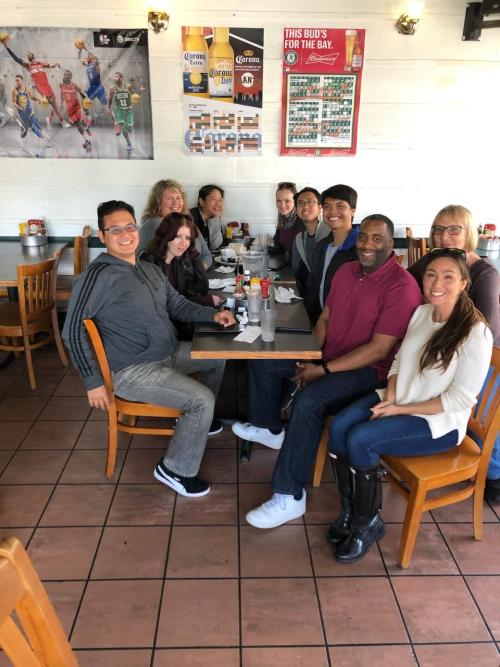
We were also fortunate to have become acquainted with the work of Anne Beninghof, who instructed some of us in her “Designing and Conducting Engagement-Centered Training”. Their insights and work bring me hope that people can actually enjoy presentations. It doesn’t have to be boring and lack any interaction, but it can be fun and engaging. We are always striving to make evaluation less daunting, one slide at a time. You can bet your money on that.
When I started full-time with TCEC, I had a bit of a work existential crisis. As I fielded more TA requests, I thought to myself: what can a fresh graduate possibly offer to those with possibly more experience in the field than me? I decided to chat with my supervisor, Catherine, about this. After a few back-and-forth texts, it finally clicked with me that evaluation is like having a conversation. We need each other to think through problems and brainstorm solutions together. My perspective also matters. Evaluation is about learning from each other to make an informed decision. I used to think that there was always an expert in the room, but rightly so because we definitely need experts like doctors and NBA players. However, the more I thought about our work around cultural humility in evaluation, the more appreciation I have for my own experience and what I can bring to the table. After all, our work in tobacco control is uplifting communities and empowering them to make healthier choices. Just as they need us to help facilitate that process, we need them to let us know what works and what does not.
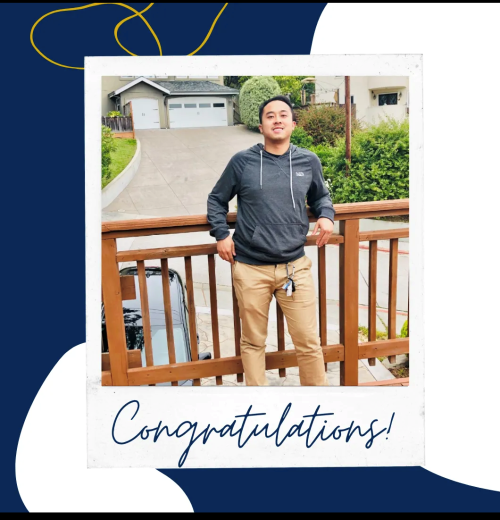
If you’ve gotten this far, I just want to say that this was not written by ChatGPT because no amount of data can replace the greatest data points that have span across all human existence: (and you’ve probably guessed it) our own experience. I’m glad to have gone through my first public health experience with TCEC and am excited to move on to my new role at the UCSF Center for Vulnerable Populations. This isn’t truly a farewell, because, after all, when I’m looking for tips and tools to elevate my evaluation, I now know just the place to come back to!
